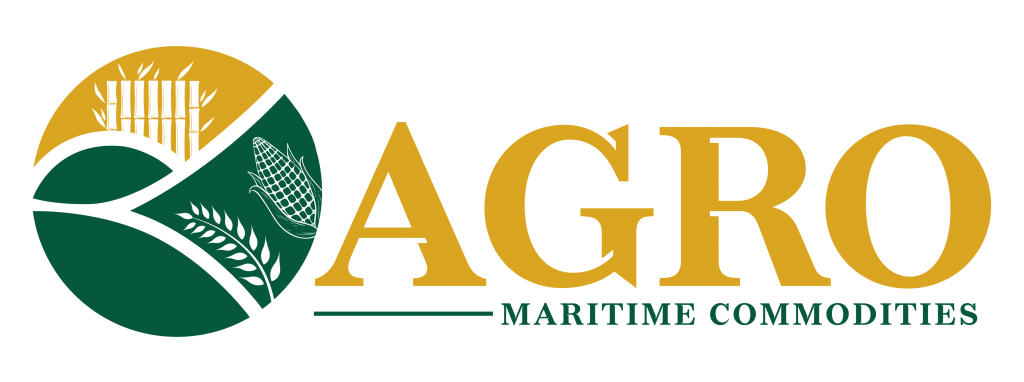Introduction
In an era where global trade forms the lifeblood of our economic system, the International Chamber of Commerce (ICC) emerges as a key institution, guiding businesses across the globe. In this blog, we’ll delve into answering, “what is the purpose of the ICC?” We’ll outline, its influence on agricultural commodity brokers, the intricacies of agro-commodity trading, and more. Brace yourself for an enlightening journey as we navigate the intricate maze of international trade!
What is the Purpose of the ICC?
Established in 1919, the ICC is the world’s largest business organization, helping shape business policies and promoting international trade. Its importance can’t be overstated—it functions as the voice of global business, creating standards and rules designed to level the playing field and remove trade barriers. It’s like the referee in a crucial football match, setting the rules and ensuring fair play.
For businesses like agricultural commodity brokers and agro-commodity traders, the ICC’s guidelines are a beacon, guiding them through international transactions and mitigating trade risks.
The International Chamber of Commerce and Agro Maritime Commodities: A Deeper Dive
Agro Maritime Commodities has cemented its reputation as a leading figure in the agro commodity trading industry, and a significant part of this achievement stems from its close alignment with the principles and guidelines set by the International Chamber of Commerce (ICC). This strategic alliance ensures the promotion of fair and efficient trading operations that have, in turn, fostered a sense of unwavering trust with its partners across the globe.
To truly grasp the synergy between the ICC and Agro Maritime Commodities, one must understand the core values that they share. The ICC advocates for open trade and investment, which aligns seamlessly with Agro Maritime Commodities’ mission to enable the smooth flow of commodities worldwide. Furthermore, both entities value the importance of adherence to a universal set of trading rules to create a predictable and secure trading environment.
The ICC In Practice
A shining example of this synergy in action was a recent transaction where Agro Maritime Commodities brokered a massive export contract for soybeans to China. The complexity of such a large-scale trade operation, spanning different legal jurisdictions and involving numerous logistics considerations, is rife with potential for misunderstandings and disputes.
To mitigate these potential risks, Agro Maritime Commodities leaned on the ICC’s universally recognized Incoterms. These terms are a set of internationally recognized rules that define the responsibilities of sellers and buyers in the sale of goods, providing a universal framework for key tasks, costs, and risks involved in the delivery of goods from sellers to buyers.
By adhering to the ICC’s Incoterms, Agro Maritime Commodities clarified the respective obligations of all parties involved, from the soybean farmers in the Americas to the end buyers in China. This approach greatly minimized potential misunderstandings and ambiguities that could have arisen. Responsibilities regarding freight charges, insurance, and customs duties were clearly allocated, ensuring that all parties knew exactly what was expected of them.
Agricultural Commodity Brokers and the ICC
An agricultural commodity broker operates as an intermediary, facilitating the buying and selling commodities such as grain, oilseeds, and more. ICC’s rules and guidelines are vital for these brokers as they help standardize global trading procedures, making transactions smoother and safer.
For instance, the ICC’s arbitration rules provide a trusted dispute resolution mechanism, giving brokers the confidence to engage in global transactions, knowing there’s a reliable system if things go awry.
Deep Dive into Agro Commodity Trading
Agro-commodity trading involves buying and selling agricultural products on a large scale, often on international markets. It’s a high-stakes game with a complex web of transactions.
ICC’s influence on this sector is substantial. Its guidelines help to streamline and secure transactions, reducing trade risks and fostering a conducive environment for global trading.
For example, Agro Maritime Commodities, with its extensive knowledge and adherence to ICC regulations, has been successfully trading agricultural commodities across continents, setting a high standard in the industry.
Understanding UCP 600: Universal Rules for Documentary Credits
UCP 600 is a set of standardized rules developed by the ICC to govern the use of letters of credit in international trade. It’s like the holy grail of international trade rules—known and respected globally.
The relevance of UCP 600 to agro-commodity trading is immense. It mitigates risks associated with international transactions, ensuring that the seller gets paid if they comply with the letter of credit’s terms and that the buyer receives the goods as specified.
The UCP 600 is treated with the utmost respect at Agro Maritime Commodities. Every transaction involving a letter of credit is meticulously handled to ensure complete compliance, safeguarding the interests of all parties involved.
Letters of Credit: A Key Component in International Trade
A letter of credit is a guarantee from a bank that a buyer’s payment to a seller will be received on time and for
The Advising Bank Letter of Credit: Safeguarding Your Interests
An advising bank letter of credit is a crucial instrument in international trade, serving as an additional layer of verification for the beneficiary. This aligns perfectly with ICC’s ethos of promoting secure trade.
The advising bank checks the authenticity of the letter of credit without bearing any obligation to the beneficiary. When done per ICC’s framework, this process adds a layer of security to international transactions. Through its vast network of advising banks, Agro Maritime Commodities ensures this process is seamlessly incorporated into every relevant transaction.
Conclusion
In essence, the International Chamber of Commerce provides an invaluable framework for global trade, guiding entities like Agro Maritime Commodities through the complexities of international transactions. By closely adhering to ICC guidelines, businesses can ensure fair and efficient trade, strengthening their relationships with global partners.
What’s Next?
If you wish to learn more about how Agro Maritime Commodities operates within ICC’s guidelines to facilitate successful agro-commodity trading, or if you have further inquiries about our services, feel free to contact us.


